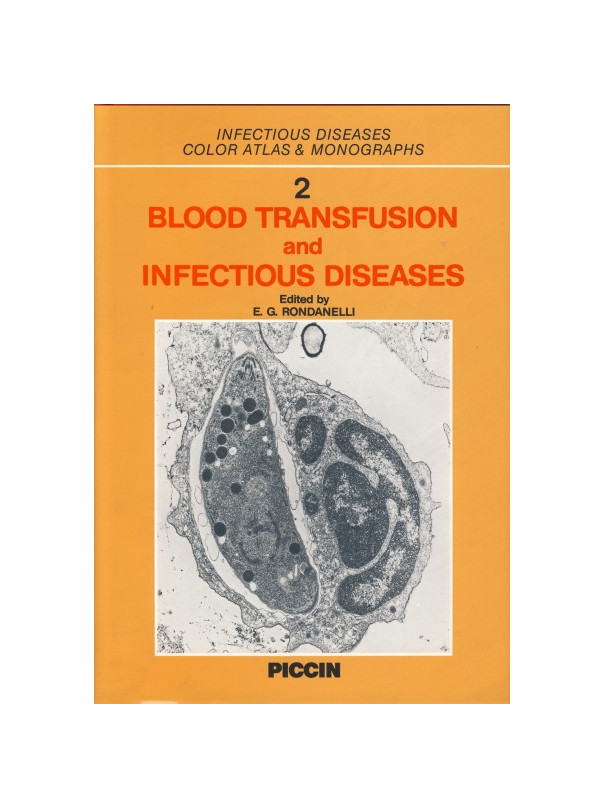Blood Transfusion and infectious diseases
Rondanelli - Department of Infectious Diseases, University of Pavia, Italy
45,00 €
From the Preface
The practice of blood-transfusion, since its adventurous beginnings in the early of this century, has not ceased to improve, thanks to scientific and technical advances. The illusion, however, that the transmission of infections through the administration of blood or blood-derivatives could soon become an historical problem has been rapidly dispelled by the recognition of the limits of the technical achievements and by the emergence of new infections not considered in the code of conduct for the practice of transfusion. The identification of a group at risk for the Acquired Immune-Deficiency Syndrome (AIDS) represented by hemophiliacs and by blood-transfusion recipients in general has created a new problem of keen concern because of the epidemic nature of the infection and the gravity of the prognosis. Post-transfusion HBV infections non-A, non-B hepatitis, herpetic viruses, protozoan infections, bacterial infections, in other words the whole spectrum of infectious agents transmissible in the blood is potentially involved in the risks of transfusion. From this derives the necessity of a careful selection and alert supervision of donors, which cannot be carried out correctly without the necessary connection among the Transfusion Centre, the laboratories and, – why not? – the Clinic of Infectious Diseases.
No customer comments for the moment.


